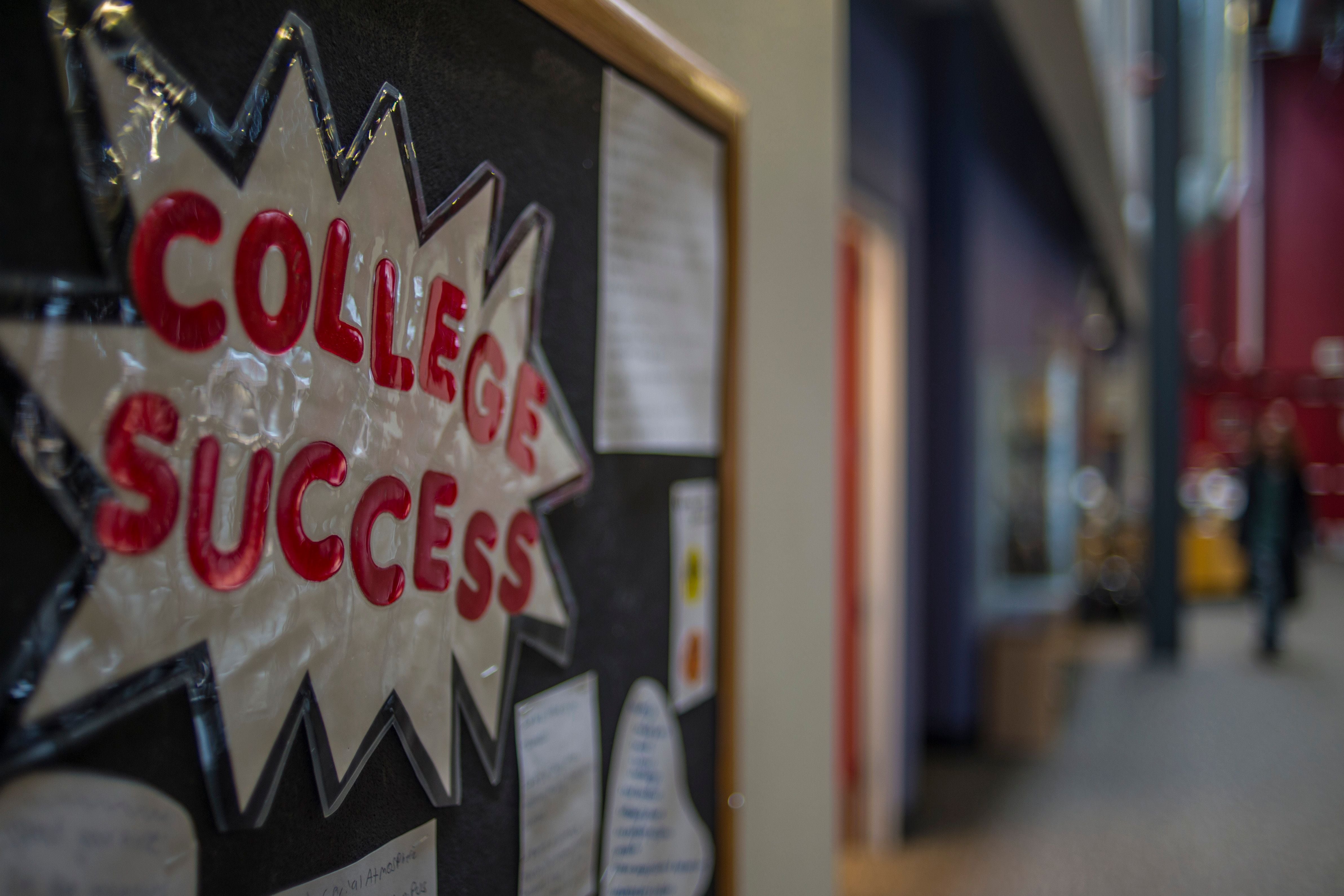Colorado should make it easier for high school seniors to seek financial aid that could open the door to college, a report released this month recommends.
The report says the state should aim to be one of the best in the country in getting students to complete the Free Application for Federal Student Aid, commonly called the FAFSA — a lofty goal that seeks to get the state out of the bottom in the percentage of seniors completing applications.
FAFSA opens up the possibility for students to gain scholarships and federal grants to pay for the cost of college, and every year Colorado students leave about $30 million in federal financial aid unclaimed.
The report by 20 experts calls for nearly doubling the FAFSA completion rate to 80%, from 45% — or to at least move into the top 10% of all states in the measure.
The state’s rate is low partly because it has not mapped out how to improve it, said Prateek Dutta, who co-chaired the Financial Aid Application Working Group that authored the report. The state also doesn’t spend enough to improve its rate. Colorado only has one half-time employee working on FAFSA completion and support, he said.
“Colorado has no strategy on FAFSA completion,” Dutta said. “This report provides a strategy.”
The FAFSA working group recommended that the state begin to build a foundation that would lead to making FAFSA completion a statewide graduation requirement starting in 2025.
The report recommends the state offer grants for student aid counselors, beef up marketing to spread the message about the benefits of FAFSA, partner with organizations to help students complete the FAFSA, incorporate FAFSA into student academic plans, and eventually add FAFSA completion as a graduation requirement.
The group also calls on state leaders to leverage what’s already in place, such as a Colorado Department of Higher Education grant program that’s boosted completion in some districts and an online tool that helps districts support completion.
The plan would need funding and legislative action.
Renae Bellew, Denver Scholarship Foundation’s senior program director and a member of the working group, said they hope a phased-in approach to a graduation requirement will allow the state and districts to ramp up support.
The Denver Scholarship Foundation helps students navigate a path to college and provides scholarships. The foundation requires FAFSA completion and has proven that counselors who work closely with families can provide results.
Bellew said she wants the report to raise statewide expectations and to ensure educators have adequate resources before the state imposes FAFSA completion as a graduation requirement.
“Unfunded or unsupported mandates are something that folks spoke out against,” Bellew said. “It’s just not the best way to build buy-in. Our approach is to build up the support on the front end, so people feel invested and are able to support students through this process.”
The report borrows from what’s worked in Colorado, but also what works in other states.
Louisiana, for example, was the first to require students to complete the FAFSA to graduate. It leads the nation in the percentage of students who finish the application.
Tennessee, another leader, also requires the application to be eligible for the state’s free two-year college program and provides counselors and volunteers to aid in filling out financial aid and other college-related forms.
Nationally, a little more than half of high school seniors fill out the FAFSA. States like Tennessee and Louisiana exceed that portion by about 20 percentage points.
Dutta said the investment would mean more opportunity for families who often believe they can’t afford college. And the state will bring back millions in federal tax dollars for schools and students.
“For every dollar we spend, we’re not only going to get that money back, but we’re going to create a more educated workforce,” Dutta said. “There’s no investment Colorado can make that will yield a higher rate of return on investment than in increasing FAFSA completion rates.”







